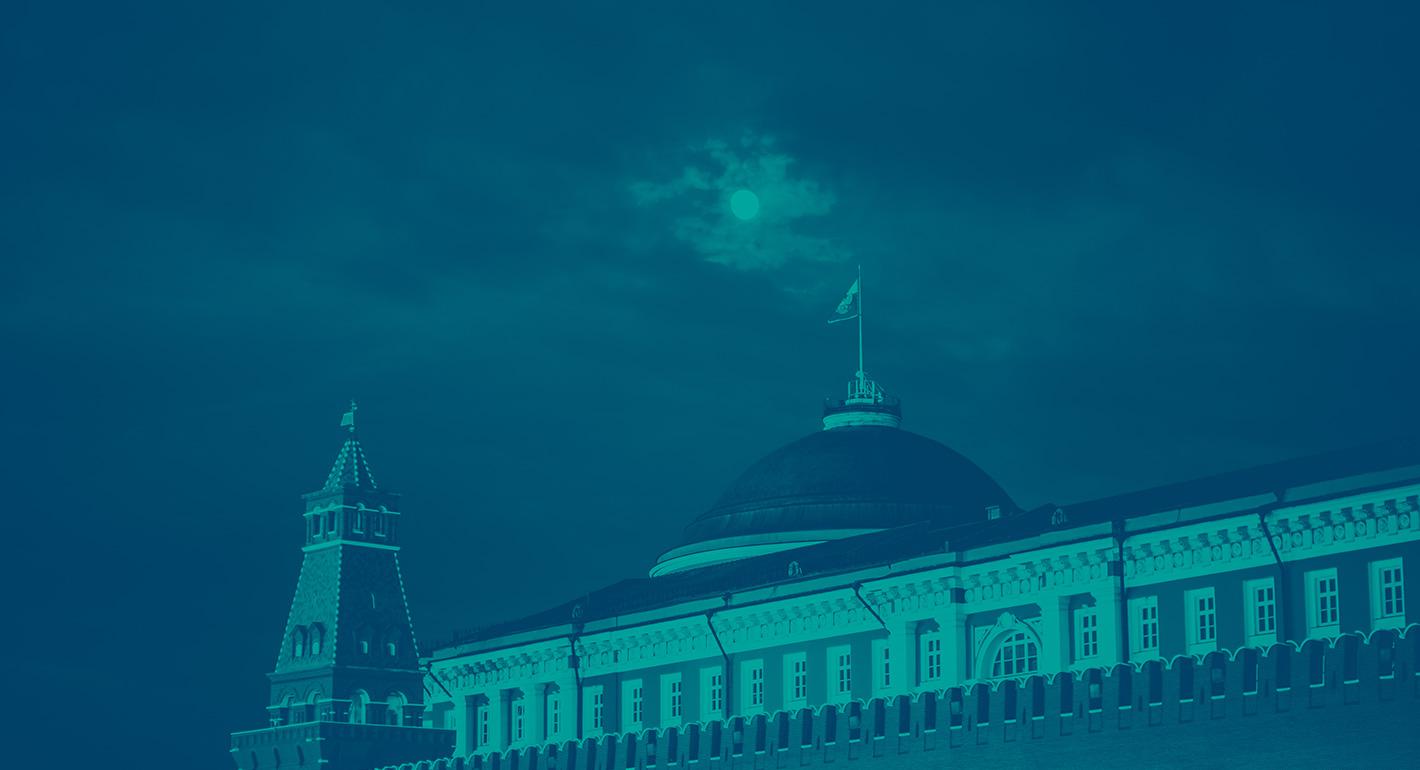Registration
You will receive an email confirming your registration.
In 2020, Russians voted to reset the clock on presidential terms, making it possible for Vladimir Putin to rule until 2036. Together with stricter legislation on protests and “foreign agents,” and the adoption of a new law guaranteeing immunity from prosecution for former presidents, this resetting of the clock seemed to have created a secure safety net for Putin. Yet increased activity by civil society, cracks showing in the so-called Putin majority, and protests both within the country and in neighboring Belarus cast doubt on the durability of Putin’s system. Denis Volkov and Andrei Kolesnikov’s latest research analyzes the risks to that authoritarian regime.
- What are the challenges to Putin’s system?
- How stable is the Putin majority? What do the domestic protests mean?
- What signals do the protests in Belarus send to Russia’s elites and civil society?
- What impact will the attempted assassination of Alexei Navalny have?
A panel of experts addressed these questions and much more.
This is a joint event organized by Carnegie Moscow Center and the Embassy of Finland in Russia, with opening remarks from Ambassador Antti Helanterä.
